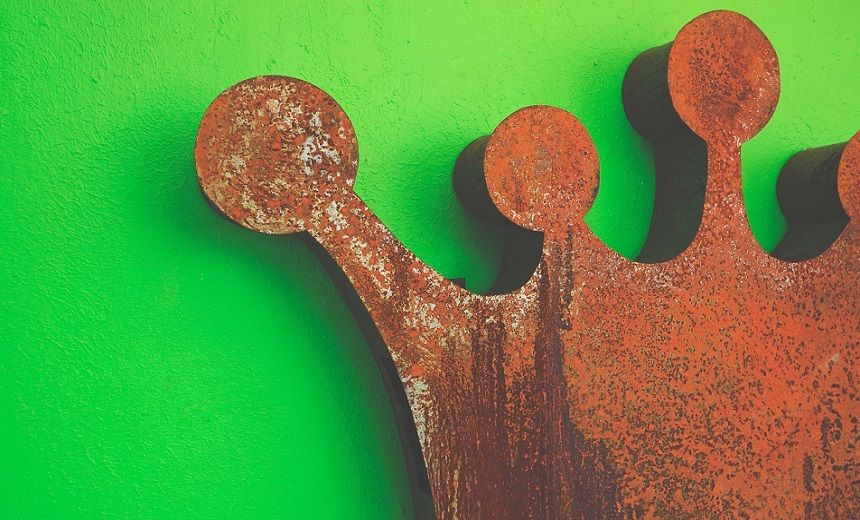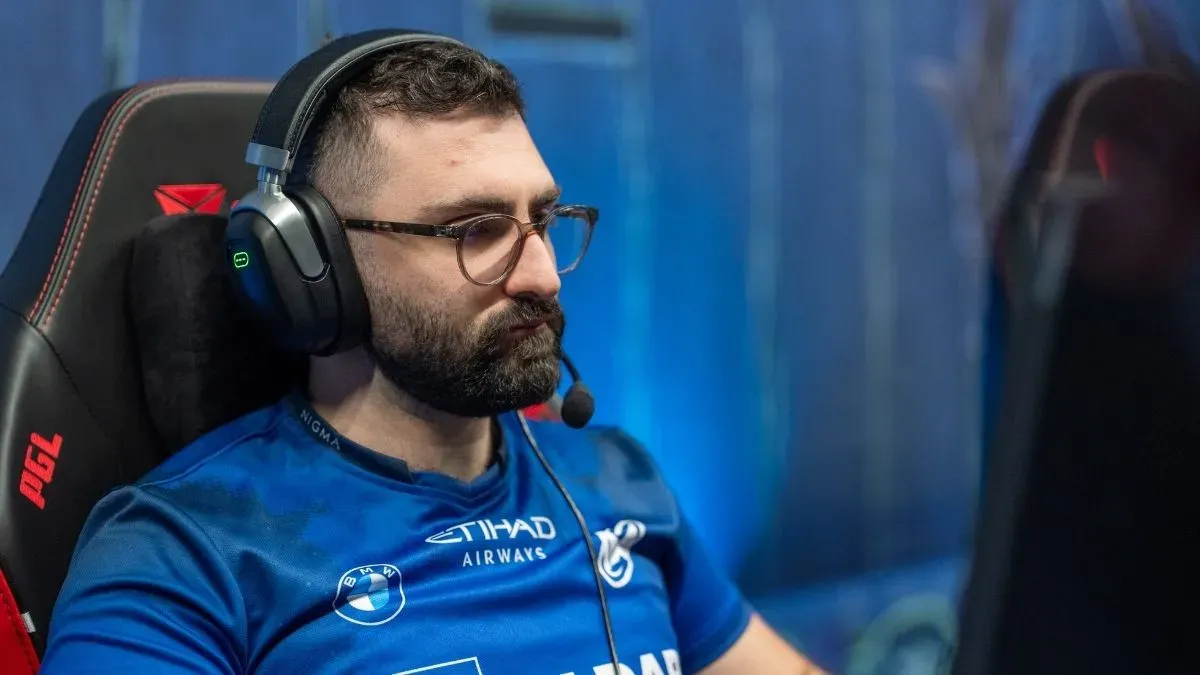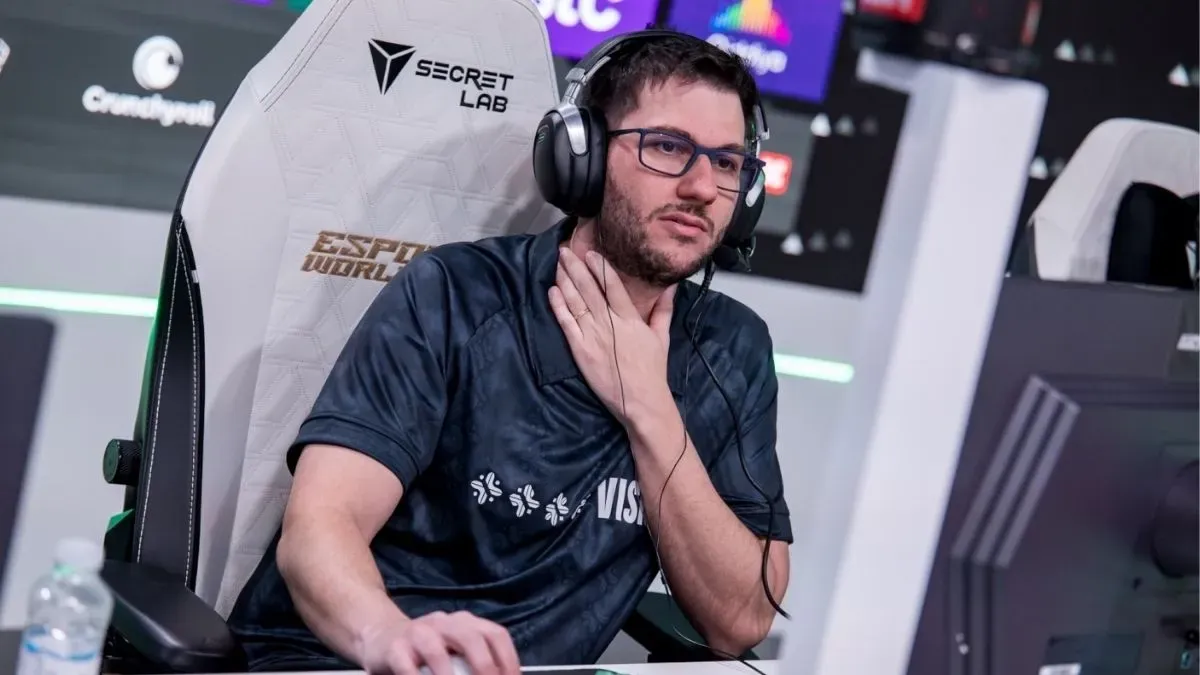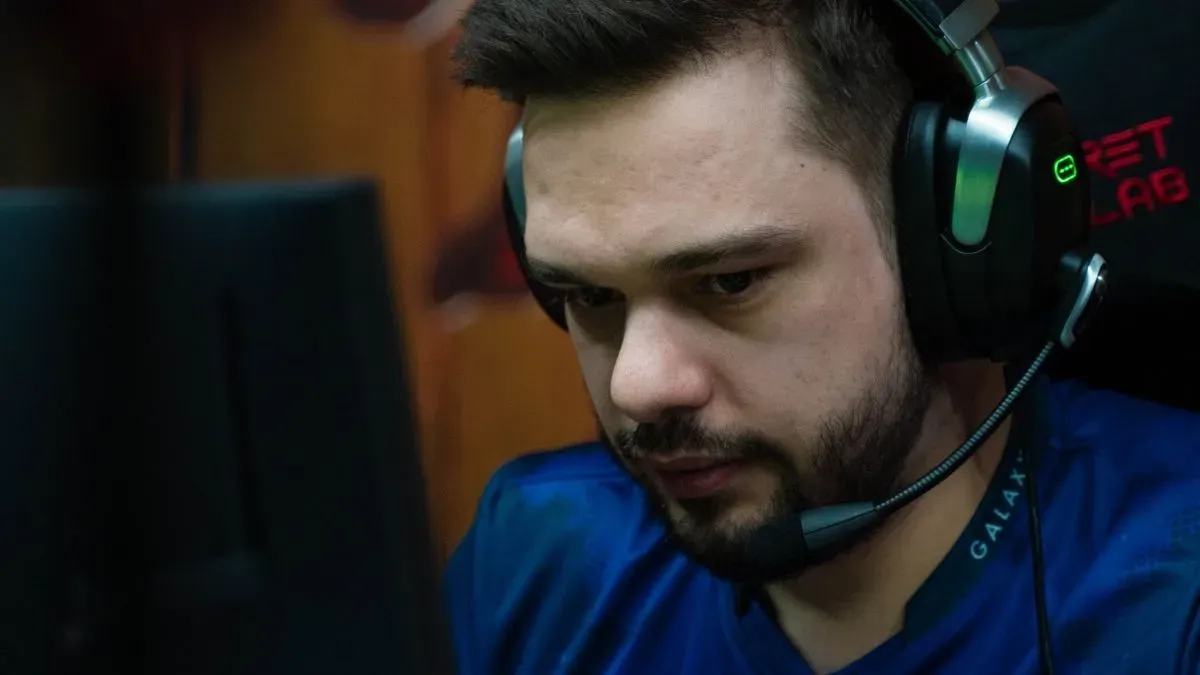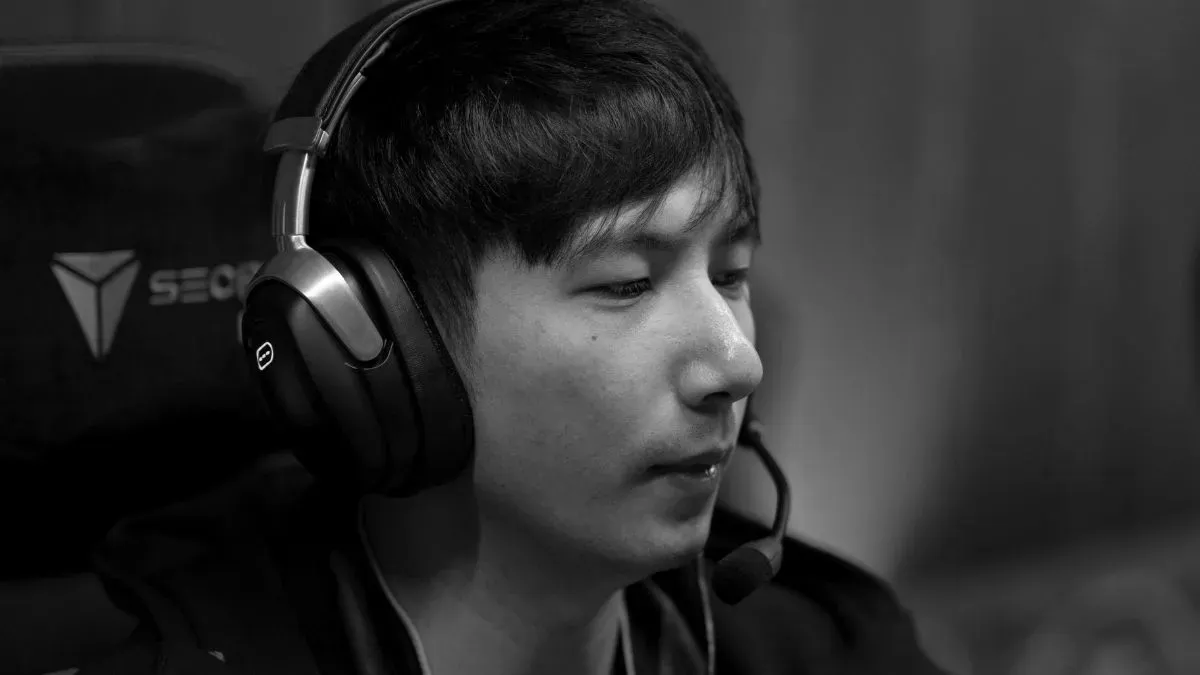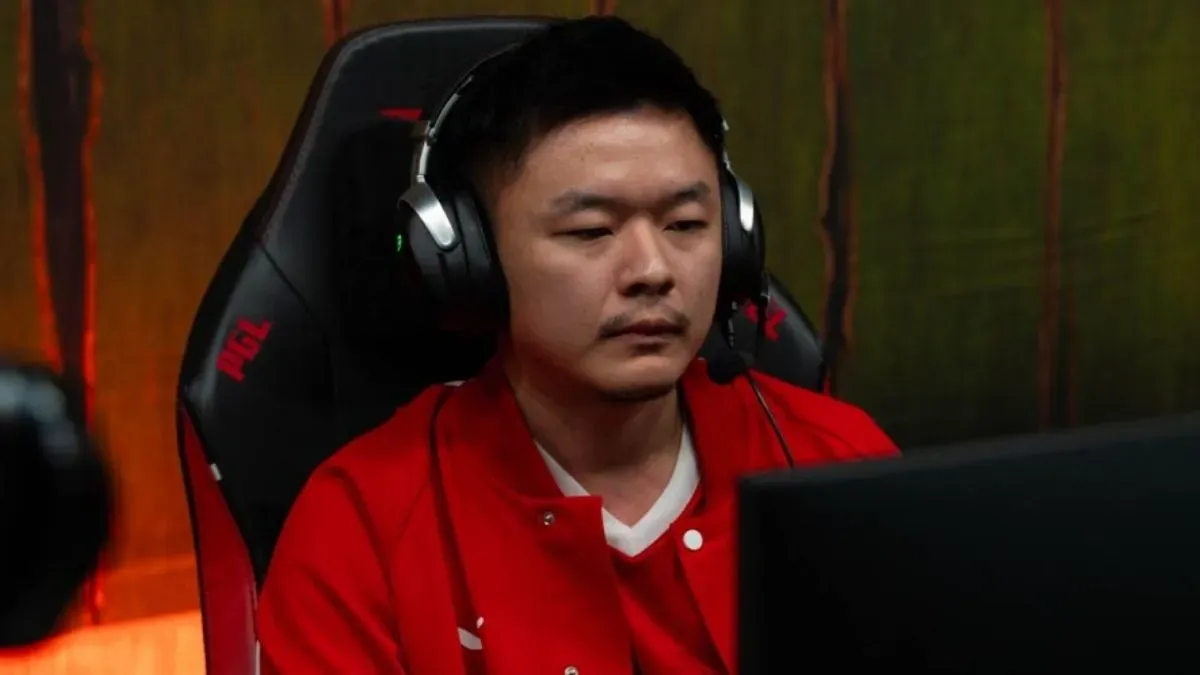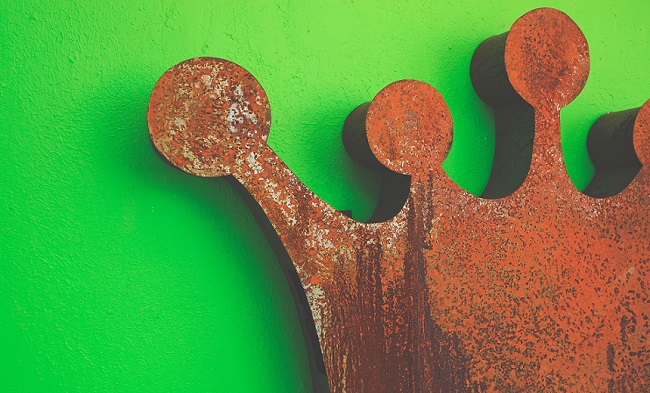
Hello!
It is I, your friendly applicant for the position of “Dota 2’s Benevolent Overlord!”
I am cheerful, passionate about Dota 2 and eager to iron out some of the wrinkles we’ve been experiencing lately.
I know what you’re thinking—what?
But if you’ve been paying attention to professional Dota 2 over the last few months, you may understand what I’m suggesting. This position doesn’t already exist, but I think it’s time it does.
Okay, maybe not an Overlord, per se. Perhaps that’s a little bit of overreach. But an official community manager with the authority to make decisions about the competitive scene would be excellent right about now.
Valve’s hands-off, free market, we’re-a-developer-not-a-competitive-esports-organizer approach has worked only insofar as there’s a sizeable devoted player base and a community that’s organized itself. Players have been happy to throw money at the developer for, let’s face it, primarily in-game cosmetics over the last seven-and-a-half years. And that money’s undoubtedly a drop in the bucket compared to Valve’s other sources of income (see: Steam).
While Valve itself may not need the Dota 2 community to remain viable, the Dota 2 community very much relies on Valve. A complete industry has developed around the game, relying on Valve’s maintenance of Dota 2 to function.
Valve is notorious for being reactive when it comes to Dota 2’s pro scene, but never proactive in its approach. Case in point, the Dota 2 Pro Circuit (DPC). After years of complaints about the lack of transparency around invitations to the International and some other underlying issues, Valve trialed the Major system for two years. In response to continued complaints and concerns, they gave us the DPC.
The DPC is a system of tournaments and points, with roster rules and region requirements that clearly lay out the path to the next International. However, we lack a rulebook to regulate that system. There’s nothing concrete for everyone to reference when, for example, a South American team plays with only one South American. There’s no standard for professional behavior, with clear repercussions for failing to meet that standard. There’s no individual or body of individuals to turn to for a ruling when something unforeseen occurs that requires input from a higher authority.
While Valve does react when things reach a tipping point, many issues could be more easily resolved or avoided entirely if everyone were working with a single set of thorough rules with someone to enforce them and adjudicate when necessary.
What Could Be
There’s a broad spectrum for what a proper rulebook could address. It could set rules for tournament formats, standards for tournaments in terms of talent and player treatment, identify what makes a team belong to a specific region, lay out how players are expected to behave while in-game/representing the game publicly and so on. It could also set some standards for how to determine conflicts in the future.
It could maintain the integrity of the game by giving everyone an explicit set of expectations. There would be no (or at least fewer) surprises. There wouldn’t be different opportunities for players who asked first versus those who acted first. A rulebook could across cultural divides by making it clear what Valve and the DPC considers to be fair for all players, talent and organizations.
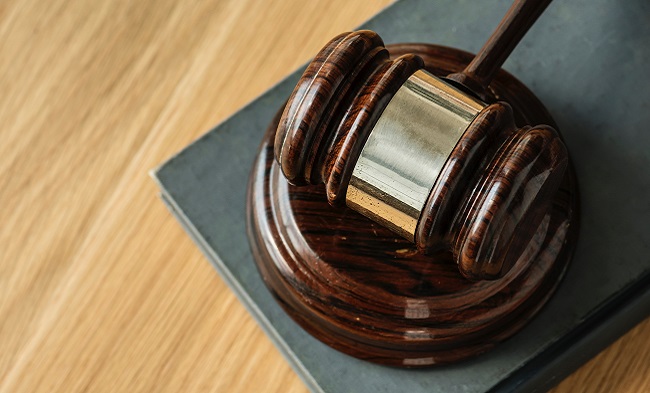
It could create more clarity in the professional scene by eliminating some controversy and uncertainty. Everyone would be aware of the repercussions for failing to follow the rules. There’d be no need to debate what action should be taken or whether it was enough.
It could treat everyone equally, so that there could be no concerns about favoritism. It would reduce the amount of public outcry when an incident did occur, because there’d be no need to for a community uproar to signal to Valve that action was required. A rulebook could set things into motion automatically!
And in those cases when something happened that the rulebook had not foreseen, we would have an Overlord…or, fine, a community manager or a commissioner or a committee of some kind to weigh the circumstances and issue a ruling that would then be added to the ruleset for future cases.
I do think the identification of an authority is critical alongside the publicatino of a rulebook. It's not enough to say this is how things should be done. We need to have someone to contact when we need more clarity or to understand how a rule applies in a specific case. We need someone who will proactively spot cases of infringement and act swiftly. Because of the global nature of the game, the times when we have professional Dota 2 taking place twenty-four hours a day, we probably need more than one person in this position.
Why It Doesn’t Exist, Maybe
I can only speculate about Valve’s reasoning at this point. But I suspect part of why we don’t have a clear rulebook or central authority figure is that it requires Valve to administrate. That’s a form of overhead that doesn’t seem to resonate well with what we’ve come to expect from Valve thus far.
Having a clear ruleset might also inhibit Valve’s ability to iterate on their tournament scene each year. We’ve had five systems in five years (if you allow for no system being a system) ranging from wildly different to slightly different from each other. With a rulebook, third party organizations, players and fans may be more upset when significant changes are made. It would also require updating for each new system—perhaps Valve is just waiting until they feel they have the tournament scene set up correctly?
The hands-off approach has allowed plenty of fantastic tournament series to flourish. We’ve seen some intense competition with the existing approach, as well as some creative innovation. Valve may see this as something that doesn’t need to be iterated on when they can still tweak the tournament scene more.
Please?
Unfortunately, incidents such as the recent alleged bans of players by local government in relation to racism and the Chongqing Major continue to divide the Dota 2 community.
Some clear ruleset with an authority figure or figures to oversee it would be much, much better than what we have now. It would mitigate some of the fallout after mistakes or maliciousness occurs with swift and expected repercussions.
It may not be Valve’s style, but I believe we need more direction. We need to pre-emptively state that certain things are unacceptable, that certain things are expected, and that there are specific ways in which the DPC will operate.
Being responsive is a positive thing, truly. But we're at a stage now when we need to be pro-active. A benevolent overlord may be ridiculous, but please, Valve, give us someone or someones empowered to create a rulebook and administrate our Circuit effectively.

